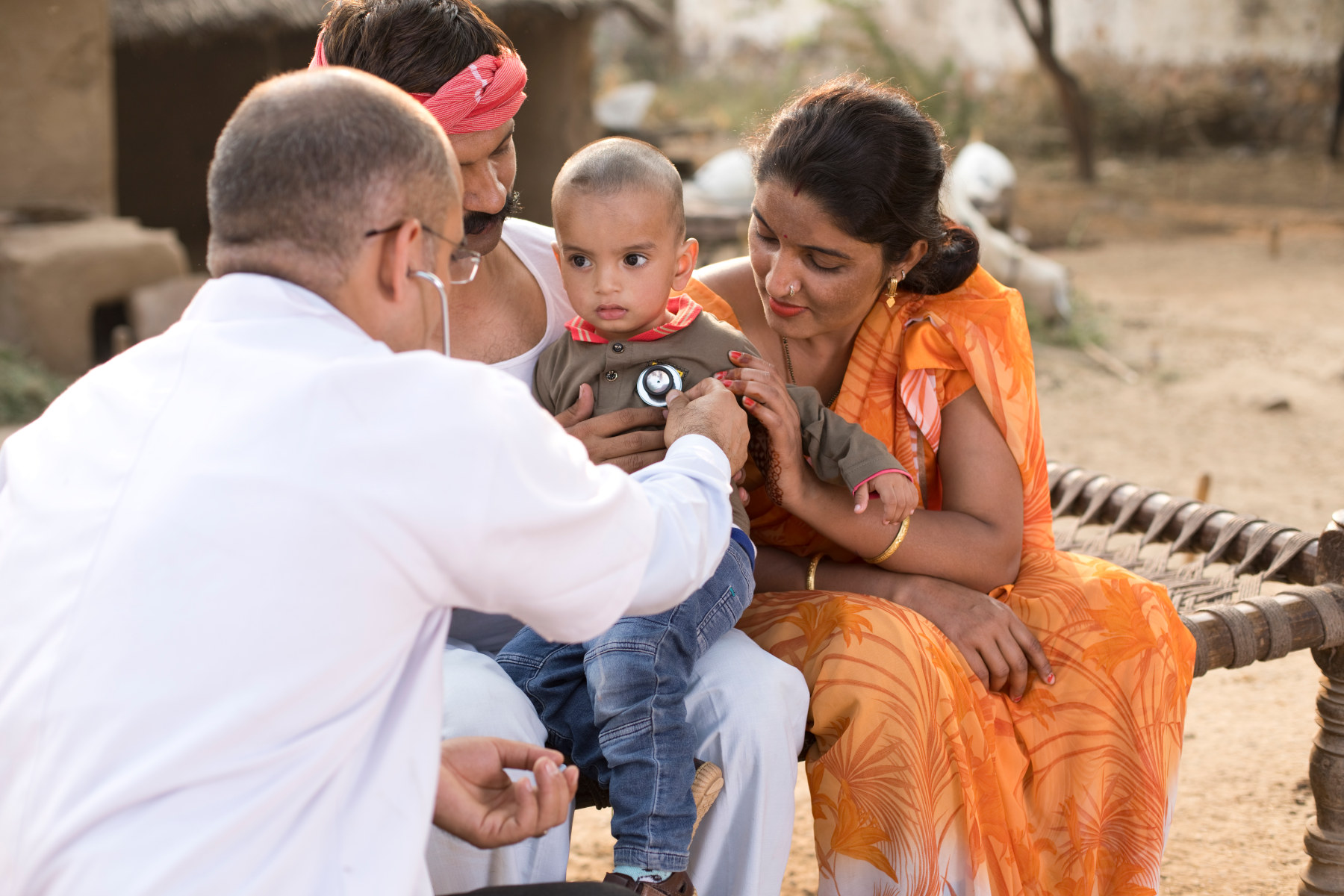Why Second Opinion?
Our Core Value Propositions
2nDr.O differentiates itself from other medical 2nd opinion platforms by being empathetic. Our primary aim is to reduce the anxiety, the feeling of being in an uncertain mental state. The keyword here is CLARITY.
We don’t just provide medical second opinions; we transform uncertainty into confidence.
Answering Your Questions, Relieving Your Anxieties
Every day, thousands of patients across India receive diagnoses. However, not all diagnoses can answer patients' questions, and many leave them with more questions. At 2nDr.O, our aim is to ensure that whatever medical decisions you make about yourself, you make them with confidence and certainty.
Some Stats:
Why are we doing what we are doing? There are compelling reasons behind it:
-
Even the best radiographer misses as many as 32% of lesions on the first X-ray reading.
-
In the Mayo Clinic, 21% of patients who opted for a second opinion had their diagnosis completely changed.
-
Cleveland Clinic reports that in 72% of cases, treatment plans are modified after patients seek a second opinion.
Lives Are Transformed When Patients Seek Clarity | Get Your Second Opinion Today
Doesn’t it feel almost illegal when you try to seek a second medical opinion? Don’t you feel like you're betraying your doctor? We remove these feelings in your journey towards healing. Head over to our platform, register, and submit your documents. We will connect you with a doctor who already knows that you are seeking a second opinion.
Our second-opinion telemedicine platform handles your medical documents with military-grade security and utmost responsibility. Your medical history, consultations, and all communications with our specialists remain strictly confidential and protected by our robust privacy framework
At 2nDr.O, we believe that seeking a second opinion deserves the same importance and care as seeking the first one. This is why we offer online and offline consultations at booths. Whether you prefer the convenience of secure remote teleconsultation or the personal touch of a face-to-face consultation, we offer the same level of care and attention.
Not just one or two departments, 2nDr.O offers you the expertise of a comprehensive medical team composed of doctors from all the major departments. We have cardiologists, oncologists, neurologists, orthopedic doctors, gastroenterologists, radiologists, hepatologists - you name it. We’re adding more panels of experts every passing month. Can’t find the right second-opinion doctor you need? Get in touch with us.

